All in the Family
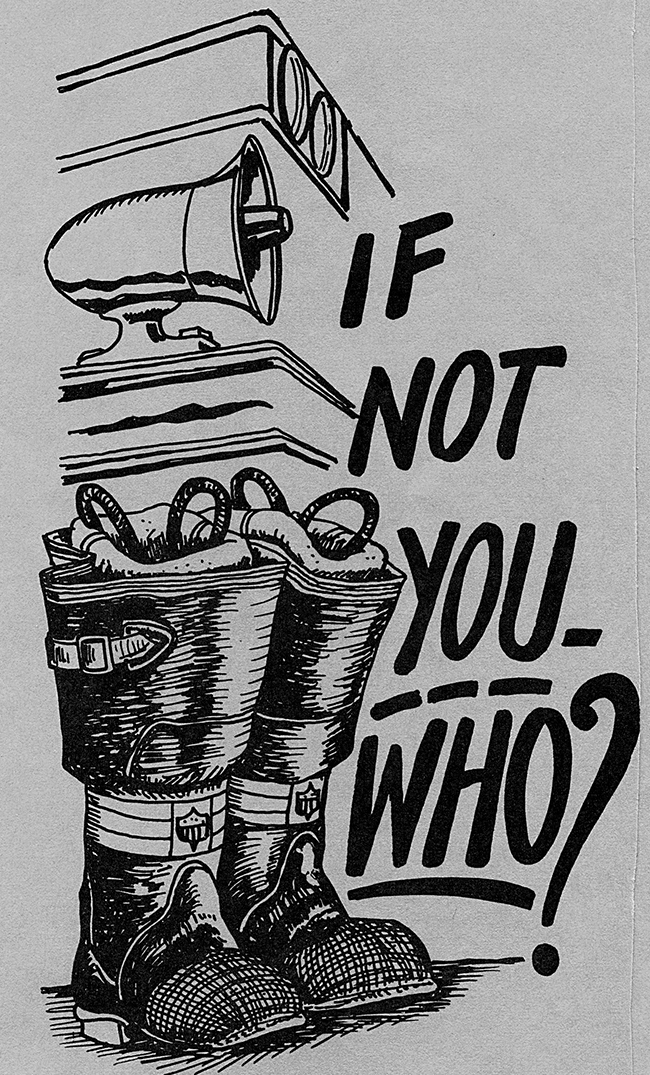
A coworker once tried to get me in trouble for cutting out of work to answer daytime fire calls.
The plot blew up in his face.
“Do what you have to do, George,” said Bob Rodale, chairman of Rodale Press.
Everyone sitting around the lunch table was shocked. Bob turned to group and explained his reasoning: “It might be my house. It might be your house.”
Tough to argue with that logic.
Bob knew that daytime fire calls are the worst, since there just aren’t enough volunteers.
That was back in the early ’80s when there were about 1 million volunteer firefighters in the United States, according to the non-profit National Volunteer Fire Council. Now, NVFC says, we have a record low of 679,900 volunteers. LEARN MORE.
During that time, the number of emergency calls nationwide has tripled to about 37 million a year.
Today, many volunteers work away from where they live. Often far away. Those who still work close to home, aren’t always allowed to leave work when someone calls 9-1-1 on the worst day of their life.
Leaving work’s a sticky subject with employers. There’s no way to tell how long a fire call might last. If it’s nothing — like an accidental automatic alarm or burned food on the stove — the employee will be back on the job in jiffy. But if it’s the big one, well … see you tomorrow. We hope.
Sadly, a lot of people don’t share Bob’s strong sense of community. My Dad was one of them. He was proud of me, I guess. But he never liked the idea of me stepping into the arena.
He was right to worry. Of the 102 firefighters who died in the line of duty in 2020, forty-four were volunteers.
“You should think of your family, son,” he said, time and time again.
“I do, Dad,” I said. “Family is all I can think of every time there’s a fire call.”
The people we help are part of someone’s family. I don’t know whose family. It doesn’t matter. They’re all family to someone.
While we’re waiting for an ambulance to arrive at the crash scene on the Turnpike, I’m holding the trembling hand of a frail old lady. She’s someone’s mother or grandmother.
There’s the scared little boy beside a wrecked car. I let him try on my white helmet. He’s someone’s son or grandson.
There’s a man caught in a drain pipe in a pond during a hurricane. Another man’s pinned under a tractor. They’re all someone’s husband, father or brother.
The woman trapped inside the burning house is someone’s daughter.
Family takes many forms. The three frightened cats almost overcome by smoke in a burning house are a vital part of someone’s family, too.
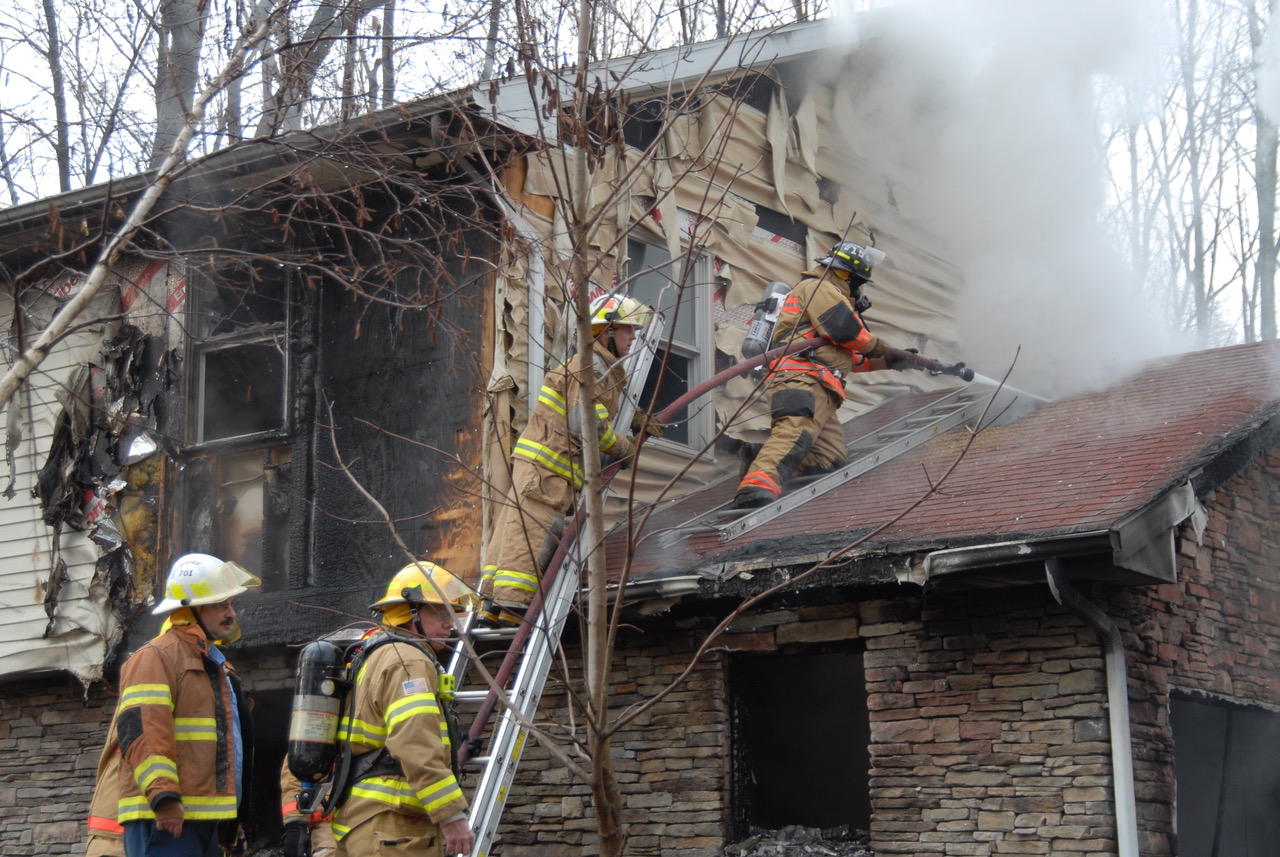
"He was right to worry. Of the 102 firefighters who died in the line of duty in 2020, forty-four were volunteers."
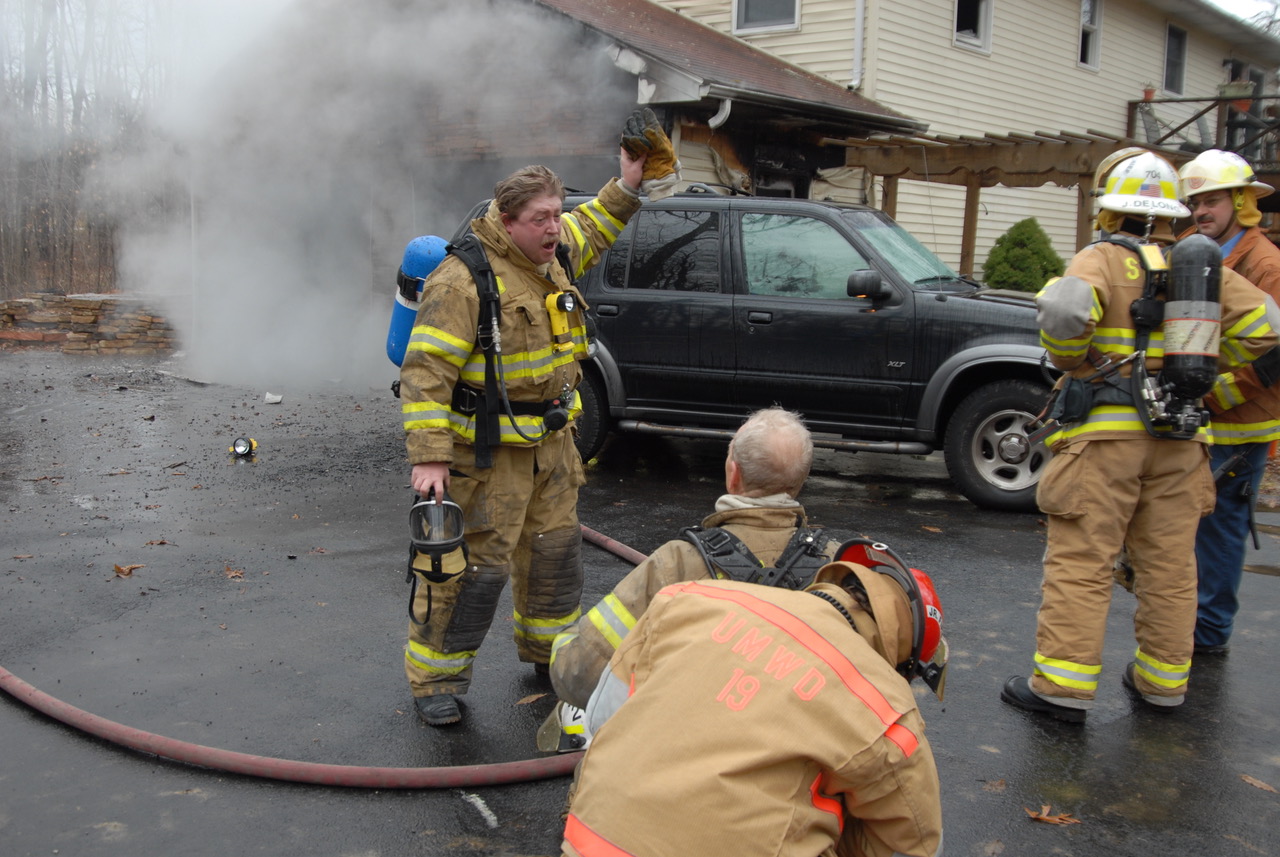
"The people we help are part of someone’s family. I don’t know whose family. It doesn’t matter. They’re all family to someone."
I may not know any of them. But the same thing, or worse, could just as easily happen to a member of my own family. And, if it ever does, I pray that some kind, caring strangers will put their daily lives on hold and rush to do everything they can to help.
Now, fighting fires isn’t for everyone. I get that. But I’ll let you in on a little secret. You don’t have to strap on an air pack and crawl into a burning building to be a big help.
There’s a long list of completely safe things that anyone can do to lighten the load on our first responders.
Start by dropping a five dollar bill in the fire boot when firefighters have a roadside fund drive. Better yet, make it a ten or a twenty, if you can.
We also accept Benjamins. A scrap dealer laid four of 'em on us once. We’d just put out a raging fire on his truck carrying copper cable. He topped 'em off with two portraits of President Grant.
If nothing else, buy a raffle ticket. Take the family out to breakfast or a bbq chicken dinner at your local firehouse, instead of dropping big bucks at a chain restaurant that couldn’t care less about your local community.
Maybe buy a T-shirt or reflective dress sign, so the fire department can find your house more easily on a dark and stormy night.
Speaking of Snoopy’s dark and stormy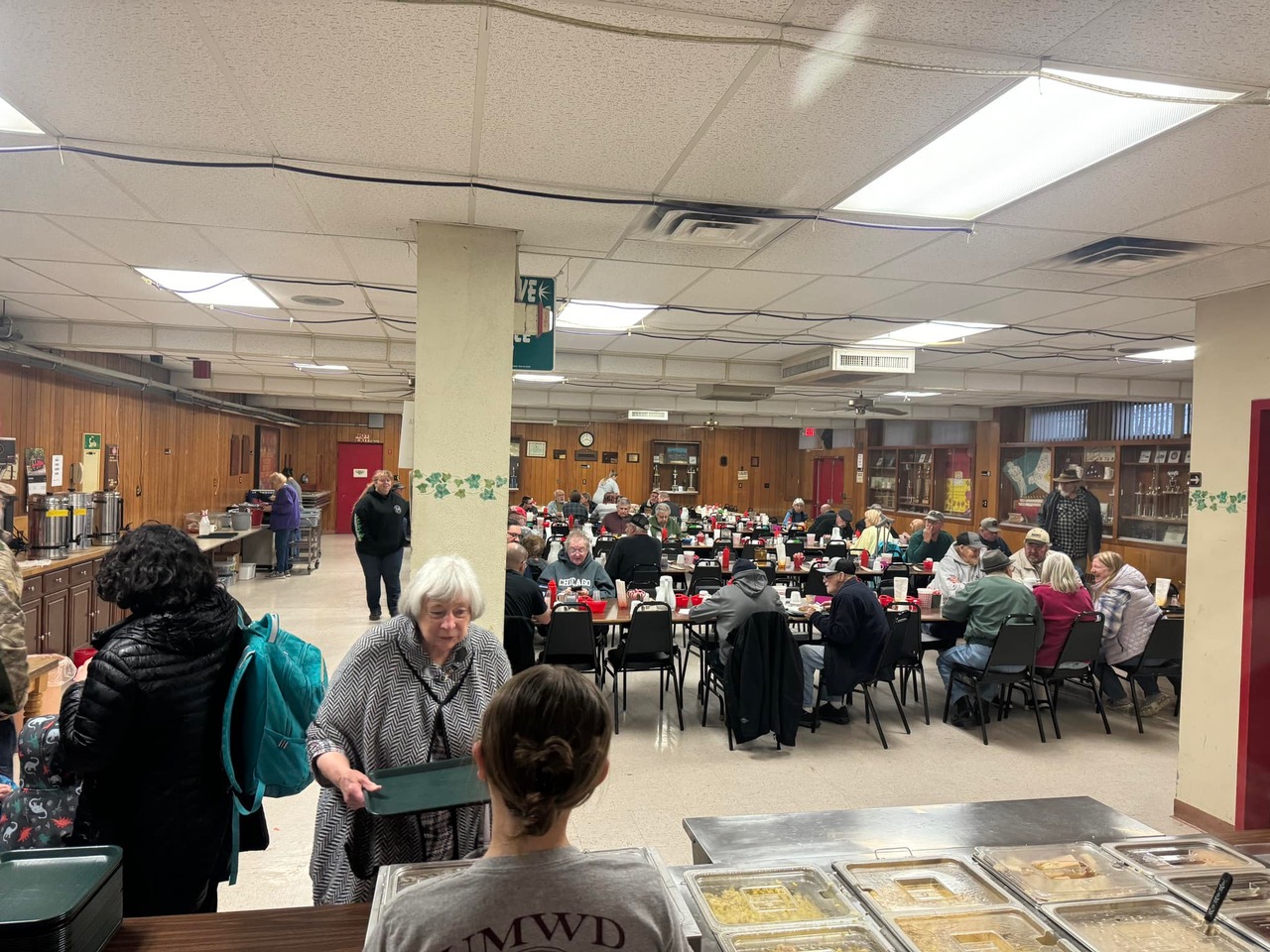 night, we were directing traffic at a main intersection as dawn broke over backed up rush hour traffic. A bored motorist rolled down her window to chat. Someone mentioned we hadn’t had any coffee yet. Half an hour later, the driver circled back through the mess on the highway to give us a Box O' Joe and a dozen fresh donuts from Dunkin. After hours of fussing with finger-pointing motorists, her random act of kindness instantly restored our faith in humanity. Thank you, kind stranger.
night, we were directing traffic at a main intersection as dawn broke over backed up rush hour traffic. A bored motorist rolled down her window to chat. Someone mentioned we hadn’t had any coffee yet. Half an hour later, the driver circled back through the mess on the highway to give us a Box O' Joe and a dozen fresh donuts from Dunkin. After hours of fussing with finger-pointing motorists, her random act of kindness instantly restored our faith in humanity. Thank you, kind stranger.
When a fundraising flyer shows up in your mailbox, write a nice, fat check. You’ll thank yourself for your generosity at tax time. Thinking of the hereafter, why not make a bequest in your will?
Every little bit helps, because firefighters everywhere would much rather spend their time training — you can never train enough for a job that can kill you — and responding to fire calls than panhandling to keep the lights on in the firehouse and fuel in the fire trucks.
"... firefighters everywhere would much rather spend their time training — you can never train enough for a job that can kill you — and responding to fire calls than panhandling to keep the lights on in the firehouse and fuel in the fire trucks."
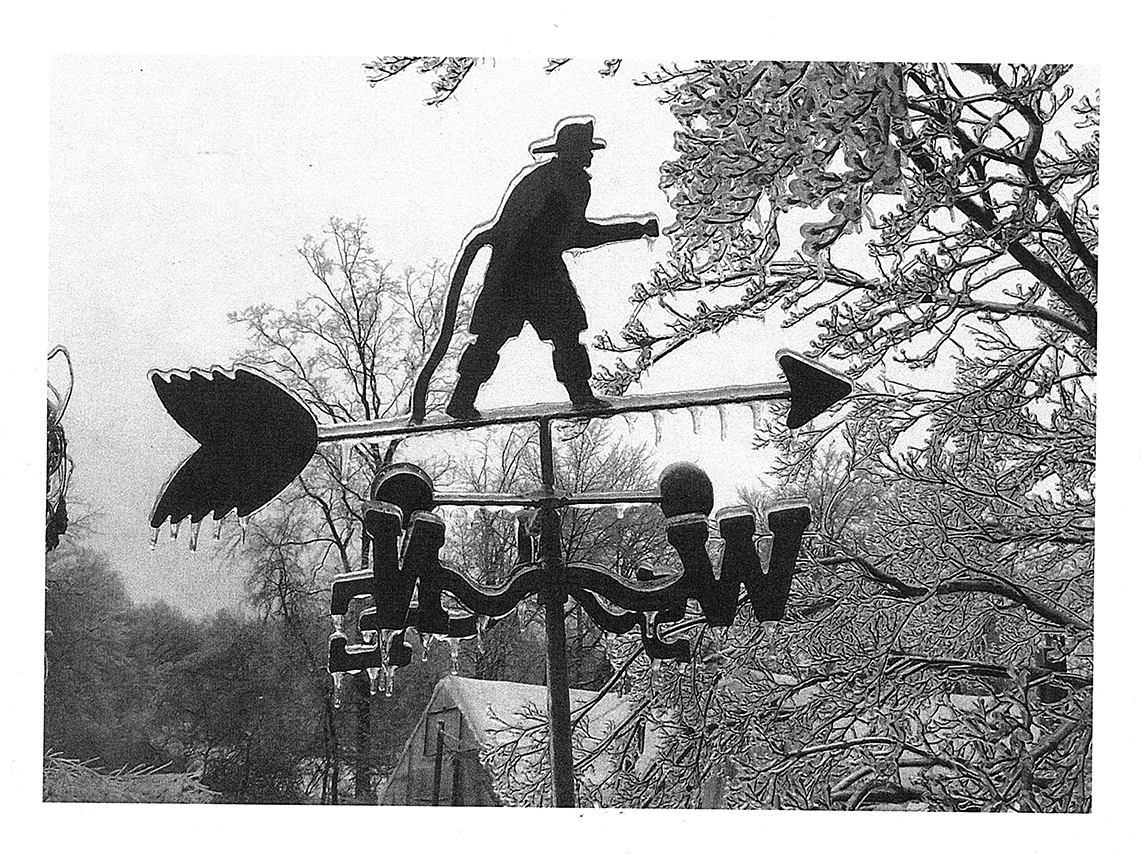
Here are just a few of the non-firefighting jobs that always need doing around any firehouse: grant writer, fundraiser, publicist, bookkeeper, mechanic, nurse, attorney, physical fitness/lifestyle coach, grounds keeper, historian, recording secretary, photographer, cook, electrician, plumber, carpenter, webmaster, chaplain.
A lot of those jobs are perfect for retired people who long for chances to still put their life skills to good use and continue making a difference.
If nothing else, the next time you come an emergency scene, slow the hell down. All the first responders there are someone’s family, too.
And when a fire truck fills your rearview mirror with flashing lights, pull over. Let 'em pass. You never know where they’re going in such a hurry. Remember what Bob Rodale said: “It might be my house. It might be your house.”